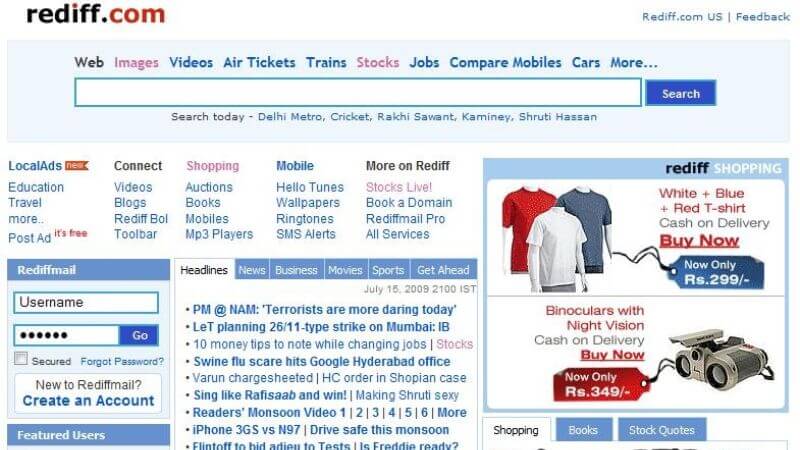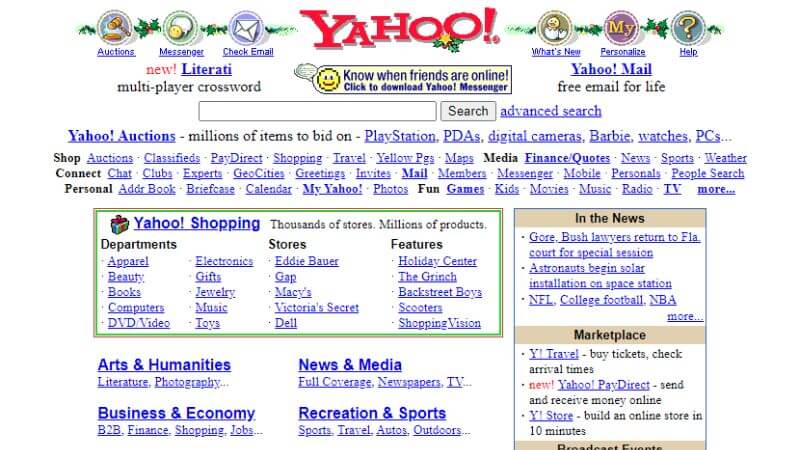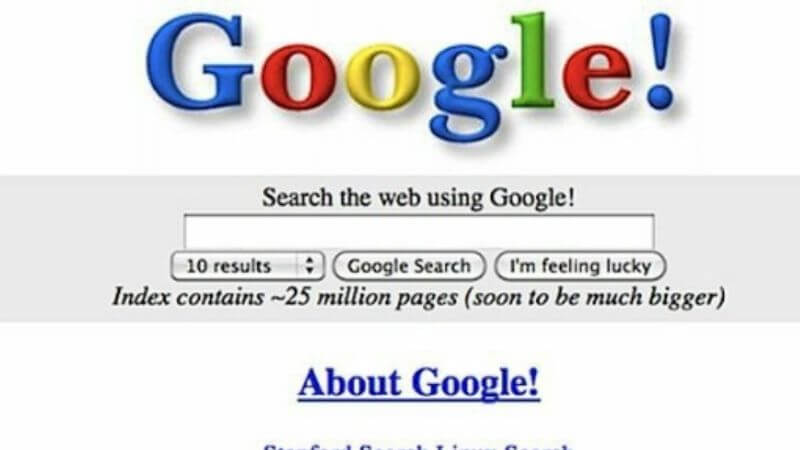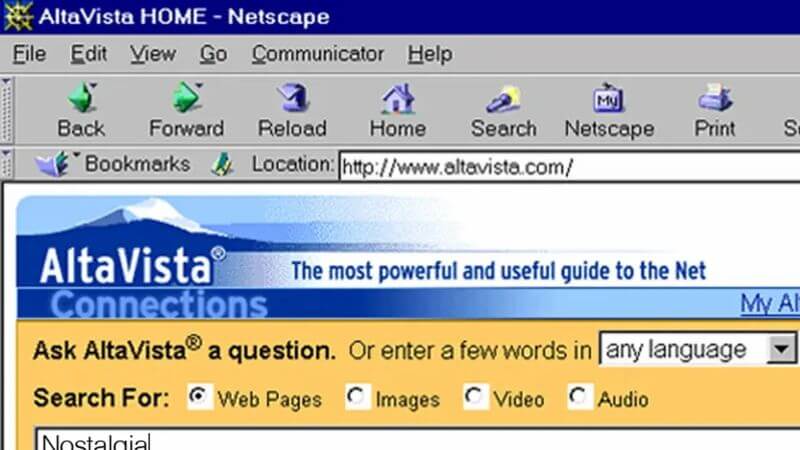Before Google became synonymous with the internet, India had its own digital pioneers. In the late 1990s, when the first computers and dial-up connections arrived in Indian homes, websites like Rediff.com, Yahoo!, and AltaVista ruled the web. These were more than just search engines — they were our first gateways to the online world.
Rediff.com Was Everything

In the late 1990s, when new computers and dial-up connections first arrived in Indian homes, using the internet meant opening websites like Yahoo! and Rediff. These weren’t just search engines; they were entry points to the online world.
For many Indians, the internet began and ended with Rediff.com. People created their first email accounts with Rediffmail. They checked the latest news there. Cricket scores? Rediff. Shopping? Rediff. And yes, if you needed to search for something, you used the search bar on Rediff itself.
The website had everything crammed on one page — news, emails, shopping, chat, and search — all fighting for space. But nobody complained because that’s what made sense back then.
Yahoo! And AltaVista Had Their Fans

Those who wanted more information often used Yahoo!, which at the time was the largest portal in the world. Yahoo wasn’t just global; it was huge in India too. People used Yahoo Mail, Yahoo Messenger to chat with friends, and searched through Yahoo.
Tech-savvy users, however, preferred AltaVista because it was considered better at handling searches. If you were serious about finding something specific, AltaVista gave better results than Yahoo or Rediff. College students and office workers who needed accurate information trusted AltaVista more.
Why Did Everyone Love Portals?
Back then, connecting to the internet could take more than a minute. You would click connect, hear that screeching modem sound, and wait. The dial-up speed was terrible — just 128 or 256 kbps if you were lucky.
Because of the slow speed, people liked portals that offered as much information as possible on a single page, so they didn’t have to keep switching websites. Every new page meant more waiting, more loading, and more frustration.
But there were problems. Early search engines often failed to give accurate results. You would search for something and get a completely random website. Web pages were crowded with ads and banners, making it hard to find information. Pop-up ads would open new windows constantly. It was chaos.
Google Changed The Game

In the early 2000s, Google arrived with a completely different approach. Unlike the busy portals of the 1990s, Google focused on search.
The homepage was strange — just white space, a colorful logo, and a search box. No news, no emails, no cricket scores. Nobody wondered where everything else was.
But that was Google’s real strength — its search results. Its PageRank algorithm showed users exactly what they needed. You typed something, hit search, and actually found what you were looking for. For people at the time, it felt almost like magic.
Within a few months, everyone switched. Students abandoned AltaVista. Office workers stopped using Yahoo! Search.
The Internet Started With “Google It.”

Slowly, Indians’ internet habits changed. Instead of starting their online journey on a portal, they began going directly to Google.
Searching online became so closely linked with Google that “to search” simply became “to Google.” Your friend doesn’t know something? Google it. Need a phone number? Google it. The brand became the verb.
Google may not have been India’s first search engine, but it changed the way Indians used the internet forever.
What Happened To The Old Giants?

Rediff is still around, but mainly as a news portal. Yahoo sold itself in pieces — first to Verizon, then to Apollo Global. AltaVista shut down in 2013. Google won completely.
But these platforms deserve credit. They brought millions of Indians online. They taught us how to use email, how to search, and how to shop online. Without them, India’s internet story would have been very different.
Conclusion
The story of India’s internet evolution is a nostalgic reminder of how far we’ve come. From the cluttered portals of Rediff and Yahoo! to the simplicity and precision of Google, the journey shaped how an entire nation discovered the digital world.
Follow Us: Facebook | X | Instagram | YouTube | Pinterest













